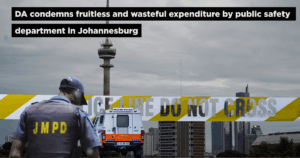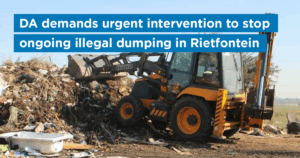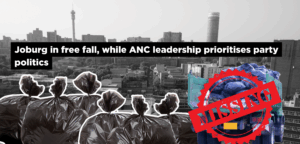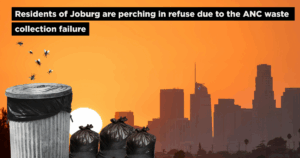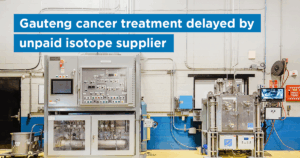The Gauteng Health Department (GHD) is running out of money to pay suppliers and possibly even salaries as it faces a R4.8 billion budget shortfall before the financial year ends on 31 March next year.
This is why there is a freeze on new recruitment of staff, and equipment purchases have also been put on hold.
According to the Gauteng Provincial Government Second Quarter State of Finances report released last week, the GHD spent R35.2 billion (54%) of its R64.8 billion budget within the first six months. The projected shortfall is R4.88 billion by the end of the financial year on 31 March 2025.
Reasons given include:
• R1.2 billion on Compensation of Employees due to salary raises.
• R3.2 billion on Goods and Services due to payment of accruals, new security contracts, increased food prices and the payment of legal fees.
• R396 million projected overspend on Machinery and Equipment due to payment commitments for emergency ambulances from the previous year.
Meanwhile, GDH paid only 52% of suppliers within the required 30 days for the July to September quarter, and R1.9 billion is owing for more than 30 days.
Some companies are now refusing to supply hospitals because of non-payments, including Smith & Nephew who are reportedly owed R62 million.
The GDH spends about R5.3 billion a month, so they will run out of money in early March next year.
Patients are already suffering due to staff and equipment shortages which will worsen as the budget cuts take hold.
I do not believe this department will ever come right under the present incompetent management.
Last week, Premier Panyaza Lesufi defended the GDH Head of Department Mr Lesiba Malotana despite the SIU investigating him on allegations he shared R10 million in bribes with two other officials relating to the award of contracts.
The DA calls on the Premier to suspend Malotana and put the department under administration to avert a dire situation where patients die because of chronic maladministration.


